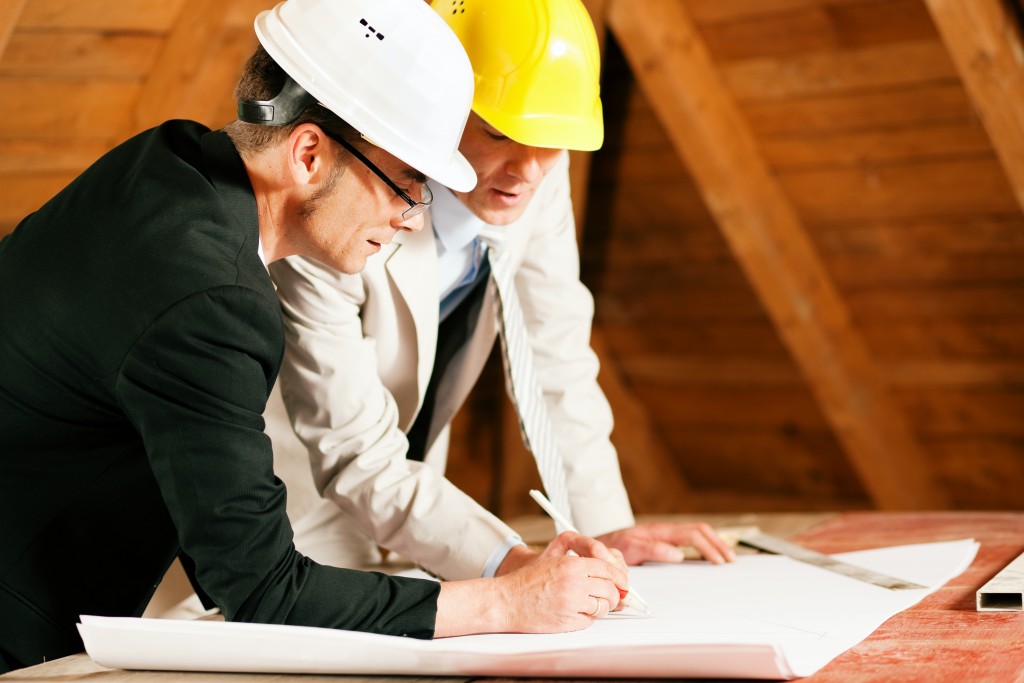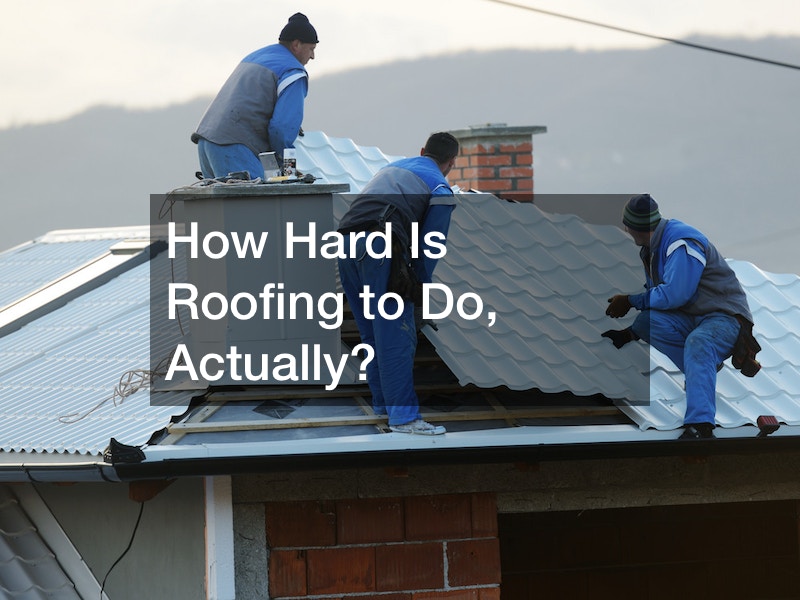When you decided to move to a prime real estate in Whittlesea, Vic., Broome, WA, or any other town, did you consider the neighborhood? Did you envision barbecues, get-togethers, or serious involvement with community events? Or did you see yourself going at it lone wolf style?
Living in an Australian neighborhood may make it unlikely for you to go at it alone. Ranked as one of the happiest countries in the world, Australia is home to people who are known for having tight-knit communities and high civic engagement. There are many benefits to being so social, too.
It’s A Natural Fact
One of the first things we learn about others and ourselves is that we are social beings. We need other people not just because we can’t do everything by ourselves, but because we’re wired to interact with other people.
It turns out that social relationships do confer benefits to mental and physical health. People with either high quality or numerous social ties encounter fewer risks for death, even when accounting for socioeconomic status, health behaviors, and other factors. Adults with pre-established medical conditions with greater social ties have less of a chance of succumbing to their disease as well.
Emotional support from social networks also enhances a person’s mental health. These people may have healthier behaviors as a result of quality interactions with others.
A Good Place to Grow Up In
Strong communities help keep children safe. Children value the care and support they get from their communities. Kids want to be treated with respect, to have firm connections with their parents and other adults, and have their voices heard.
Unsurprisingly, children’s views and concerns on and for the community are different from adults. They are also strongly interlinked with the behavior of adults around them. Many children feel less vulnerable if they are familiar with the adults in their neighborhood and if they do not see car-related aggression or see altered behavior due to alcohol.
For a community to feel safer for children, they must feel like their viewpoints are valid. Adults also need to act accordingly in public spaces that children also have access to. In a broader sense, communities need to focus on problems in their area. Community leaders must be empowered with support and honest feedback. Honest work produces honest results that even children, with their own outlook on the community, can appreciate.
Helping Hands Around You

Developing close relationships with your neighbors can help you out in a pinch. When you reach out and build close kinships with non-family members, you create a bond that will make you more likely to help them out—and vice versa. Helping each other is unstated, and in close-knit communities, implicit.
Help can come in simple ways. Run out of flour or sugar in the middle of cooking and your neighbor will likely fill up your container. In heavier incidences, your community is likely your first respondent aside from family and friends. Neighborhood watches and reports criminal and dangerous activities to authorities, couches and spare bedrooms are offered to the needy during natural disasters, and news that can impact the community are communicated to help prepare families.
Circumstances affect the ease with which close-knit communities are created. It may be harder for urban neighbors in an apartment to bond than suburbs with open lawns. Though as long as there is a concerted effort to reach out and friendly reciprocation, Australia’s neighborhoods will continue to be happy and safe places.


